Depression is such a widespread mental illness that everyone probably knows at least one person who has it if they don't have it themselves. Talking about mental illness, in general, can be uncomfortable, and everyone has different advice or suggestions, but nothing actually works. Depression can be experienced differently by different people, so even someone going through what you're going through isn't going through what you're going through. Even so, there are some things all people with depression are tired of hearing.
1. Exercise
Exercise is proven to help with depression, but if I can't even want to get out of bed, how would I engage in physical activity? A major symptom of depression is lack of motivation. Many people with depression barely do the basic necessities to take care of themselves, so don't expect them to start exercising every day the second you recommend it. Give us time.
2. Mindset
People are always reminding us that it is all in our minds, so we have to think positive to make the day positive. Unfortunately, it's hard to control what you think, and since it's in our minds, we honestly believe the worst sometimes. A big part of depression is intrusive thoughts like: My friends are just putting up with me to be nice. 'I mess up everything. I should just stay home. When you honestly believe these thoughts it's hard to just shake them off; we don't want to live our life by these thoughts, but it can be hard to think otherwise, even with a positive outlook.
3. Try
"Just try to be happy." "Just try to smile. "Think positively!" Etc... I don't know anyone with depression who doesn't try. There are different extremes of depression, so some people trying is just getting out if bed while for others it's making sure they get out the house. Since you can't know the magnitude of the illness, you can't judge them for "not trying."
4. Seek Help
Obviously, anyone with a mental illness should seek some form of professional help, but a lot of people can't. Many people suffering from a mental illness can't afford or don't have access to professional help for one reason or another. This is why them reaching out to you is so important and could be their way of seeking help. Having a friend that will listen can work wonders.
5. Power through it
Ask us to get over it or work through it is like asking someone with a broken leg to keep walking. This can put guilt on us when we need to take a break. Everyone needs those mental health days to keep sane, so powering through it can make things worse. You don't know how long they've been powering through it and going through the motions. They could be at their breaking point.
6. Eat healthy
Again, with the lack of motivation and intrusive thoughts, being healthy in any way can take more energy than you might think. The main thing is giving us time. People with depression often skip meals, so just eating three meals a day is a step towards being more healthy. This is something that needs to be understood: our being healthy is different from your being healthy. Also having the energy to make a healthy meal, rather than microwaving chicken nuggets, can be hard to gather. Suggestions on easy meals to make or help in the kitchen can go farther than scolding us for eating McDonald's again.
7. "Do you want to be sad?"
Nobody wants to have any illness. It's insulting to suggest we are pretending for attention or any other reason. It can be confusing when one day we seem happy but the next day sad, but mood swings are another symptom of depression. This is not a sign of us faking, just that people with depression are not sad all the time — it's more of an underlying feeling that can be accompanied with neurotypical actions some days. Sometimes moods can change within a second from those intrusive thoughts or a mistake they make, but it's not because we want to be sad; we just can't help it.
8. People have it worse
Comparing sadnesses doesn't diminish one's pain, it just makes them feel guilty. If you have depression, you can't control feeling sad, so when someone brings up cancer patients and starving Africans, we can recognize they have it worse — but it will just make us feel guilty for being sad, being more counter intuitive than helpful. Talking about your experience with depression can help, but don't use it to put down someone else's pain.
Don't let this article discourage you from wanting to help. We understand and appreciate your intentions, but some helpful comments can actually make us feel worse. When someone with depression opens up to you, sometimes, they just need a shoulder to lean on and not a solution.




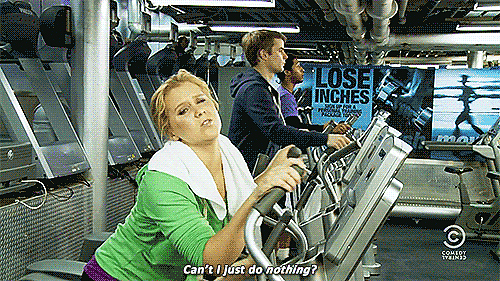
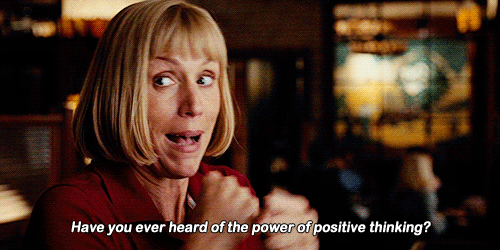
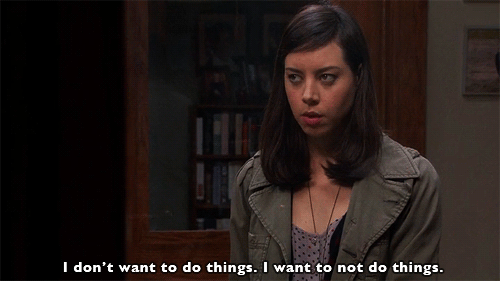
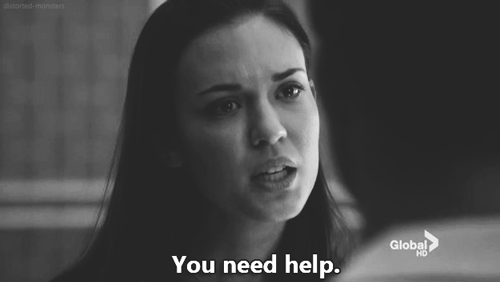
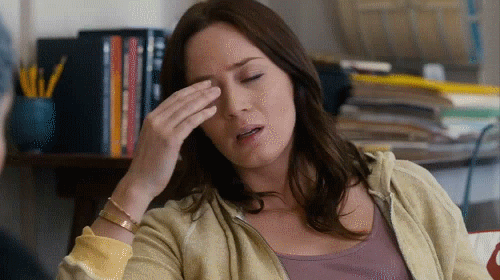





















 true love
StableDiffusion
true love
StableDiffusion
 My Cheerleader
StableDiffusion
My Cheerleader
StableDiffusion
 womans transformation to happiness and love
StableDiffusion
womans transformation to happiness and love
StableDiffusion
 future life together of adventures
StableDiffusion
future life together of adventures
StableDiffusion













 shiny things
StableDiffusion
shiny things
StableDiffusion
 listen to your heart
StableDiffusion
listen to your heart
StableDiffusion
 face your fear
StableDiffusion
face your fear
StableDiffusion
 olympic woman
StableDiffusion
olympic woman
StableDiffusion
 Lessons of life
StableDiffusion
Lessons of life
StableDiffusion
 Woman praying
StableDiffusion
Woman praying
StableDiffusion
 Disneys Goofy
StableDiffusion
Disneys Goofy
StableDiffusion
 love
StableDiffusion
love
StableDiffusion
 you are stronger than you think
StableDiffusion
you are stronger than you think
StableDiffusion
 kindness
StableDiffusion
kindness
StableDiffusion









